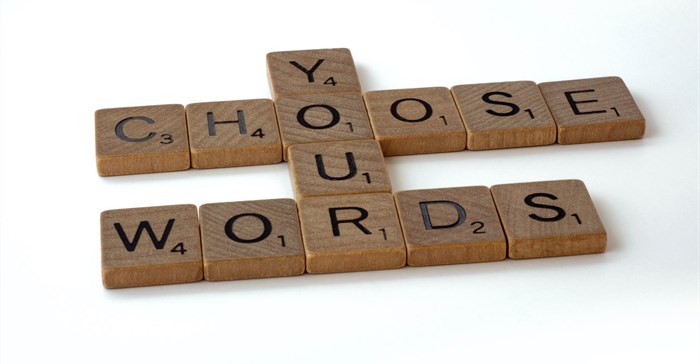






If you are feeling overwhelmed at the proliferation of jargon, you are probably suffering from ‘infodemic’, a portmanteau word combining ‘information’ and ‘epidemic’. The term was first coined in 2003 as a reference for the Sars epidemic, the OED reminds us.
Did you know that ‘self-isolation’ was first used in 1834? ‘Shelter-in-place’ was a 1976 public instruction in the event of a nuclear or terrorist attack. ‘Social distancing’ was first used in 1957, but then referred to “an aloofness or deliberate attempt to distance oneself from others socially.”
And in 1981, an ‘elbow bump’ was a means of “conveying celebratory pleasure to a teammate.”
‘Working from home’ (WFH) is all the way from 1995. While the abbreviation ‘PPE’ dates from 1977, the full phrase ‘personal protective equipment’ goes all the way back to 1934. The words ‘epidemic’ and ‘pandemic’ themselves both first appeared in the seventeenth century.
What about the new words and phrases that we have become so familiar with of late? Below is a choice selection:
Covidiot: A person who ignores public health advice
Covideo party: Online parties via Zoom or Skype
Covexit: The strategy for exiting lockdown
Rona and Miley Cyrus: Words for the coronavirus itself, with the latter being Cockney rhyming slang apparently
Blursday: Lockdown’s disorientating effect on one’s sense of time
Zoombombing: Hijacking a Zoom video call
Quaranteams: Online teams created during lockdown
While a lot of these are fun words that highlight the adaptability of the English language in this crazy time, they are also a means of coping with the ‘new normal’ and describing how we all live and work in the shadow of a global pandemic.
As an industrial marketing agency working in diverse sectors, we also have to be aware of these changes, and how the ‘new normal’ has impacted on our clients’ businesses. This ranges from the construction industry (where ‘reality capture’ is a buzzword for virtual simulations of project sites) to interior architecture (where ‘smart working’ refers to an integrated approach in terms of office design).
While ‘talking the talk’ is an important part of PR in that it demonstrates we know what is going on, the danger of any kind of jargon is that it can become a lazy shorthand, and therefore ultimately meaningless. Any marketing collateral or communication must still be informative, credible and easy to understand. Those fundamentals will never change.